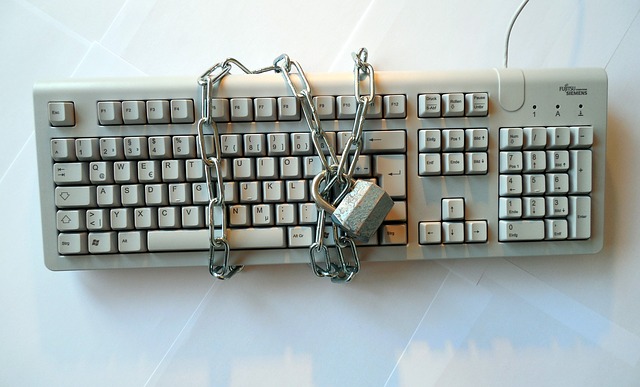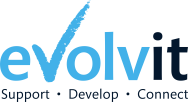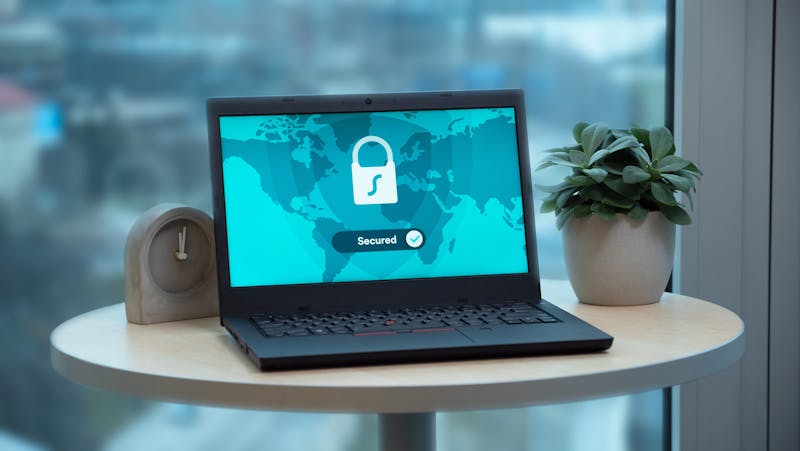Your Guide To Working From Home
Working from home naturally brings up many things requiring consideration from a technical support and security point of view. Whether it’s making sure you have a good enough internet connection to be able to do your work and keep in touch with your employer and colleagues, choosing the right software for managing projects and communication or dealing with security issues, there is a lot to consider.
Many of these will be the same whether you are going to transition to working from home in your current job or starting a new job as a remote worker. Advanced planning with your IT Support team will help to make sure everything goes smoothly.

Internet connectivity
The first and most important thing to take care of when you start working from home is to make sure you have a good enough internet connection. If you don’t already have one, invest in a high-speed internet connection for your home from a reliable provider.
It’s also worth implementing a backup solution in case you loose connectivity for whatever reason. A good option, in this case, could be to have a mobile data package on your phone that you can tether other devices to or a dongle hotspot. This will cover you in those (hopefully rare) urgent situations when you lose your home internet connection.

Software options
Since you won’t be physically present at your company’s office while working from home, you’ll need to consider alternative ways of keeping in touch with colleagues, managing projects together and showing your employer the hours you are working and what you’re doing. There are many pieces of software out there that can help with these issues.
Slack is an excellent service for keeping in touch with your colleagues and teammates which is much more customisable than standard instant messaging applications such as WhatsApp. With Slack, you can organise chats into streams that can be public or private, and all content within those chats is searchable. It also allows simple sharing of documents and integration with a whole range of other applications so could even work as an alternative to email and file sharing.
To log your hours and show your employer that you’re being productive, you may wish to consider using a service like Hivedesk. When you start work for the day, you check into Hivedesk for a specific project, and it then starts to track your time spent doing it. This information is sent as a graph to your employer at the end of each week. Additionally, Hivedesk takes random snaps of your screen during your work period so that your employer can see what you’ve been doing.
Online collaboration tools are extremely important to home workers. Sending around multiple copies of the same document for different amendments is a recipe for disaster. Keeping track of changes and the what’s the latest version will just get more and more complicated. Fortunately, there are many services that you can use, from Google Drive to Office 365. Even Apple software has started introducing rudimentary sharing features.

Security considerations
Having company devices in multiple locations can be a reasonably high risk for employers as they can be infected with viruses which could infiltrate their internal network and steal or corrupt their data. Therefore, it makes good sense to use security software such as AVG CloudCare antivirus as well as practice good computer hygiene by ensuring that you always use the latest versions of all applications.
A good solution to having a lot of sensitive information stored on your work device is to use cloud applications wherever possible, especially for email. Google offers many excellent cloud applications, which are generally free for up to ten users. Of course, it is important to remember to use strong passwords (that means longer than six characters with a combination of letters, numbers and symbols) for every kind of application that requires a login.

Passwords
It may be worth using two-step verification for such things as web-based email or other places where sensitive information is stored. Again, Google offers a good version of this, where, for example, a one-time code is sent to your mobile phone in order to log into your email.
If you need multiple logins and passwords for your work, consider investing in 1Password to store them safely for you under one master password. This way, you do not need to remember multiple long and complicated passwords, but can be assured that they will be kept safe from potential attacks.
Be proactive
Overall, working from home can be very rewarding, so make sure you stay ahead of the game by being proactive about ensuring that you are well connected, using the best software for the job and are engaging in the best security practices. By doing these things, not only will your employer be happy to leave you to it, they will continue to let you work from home.






